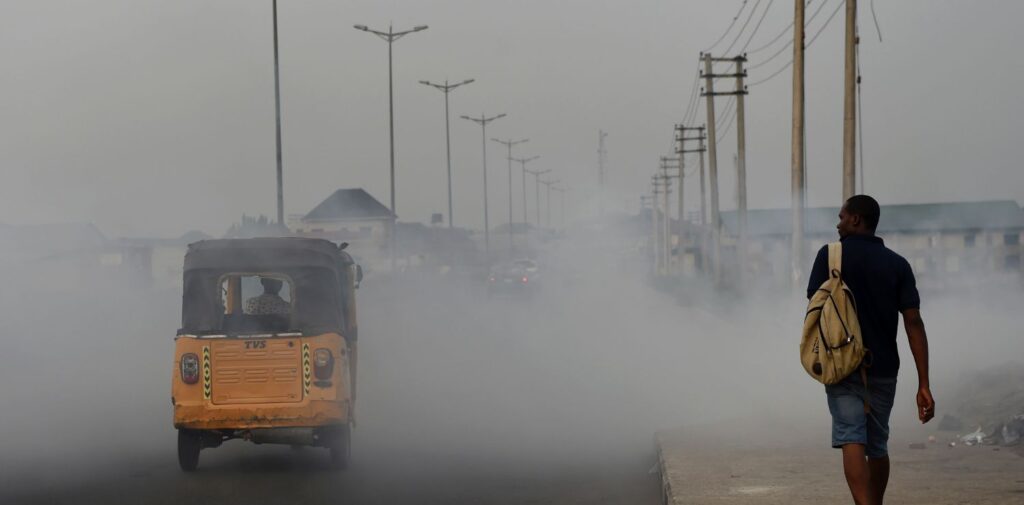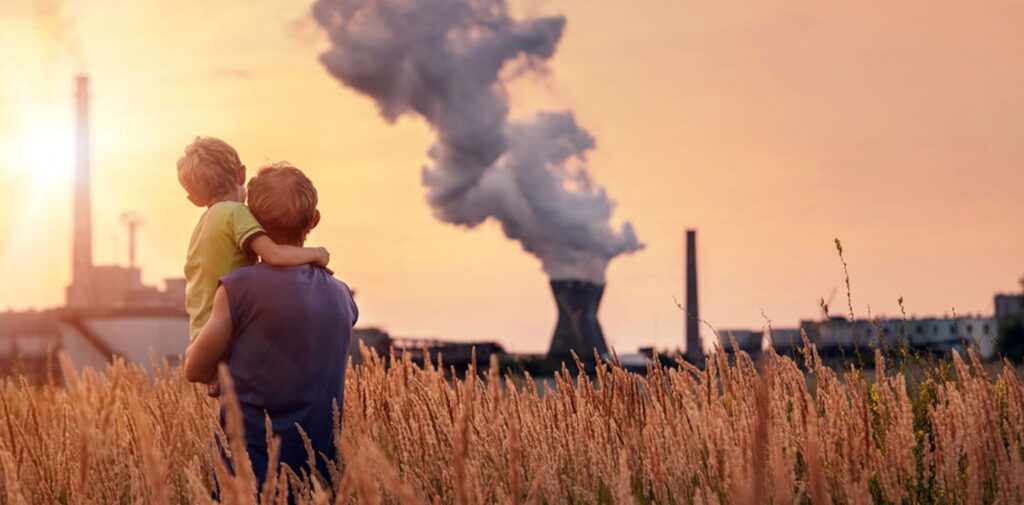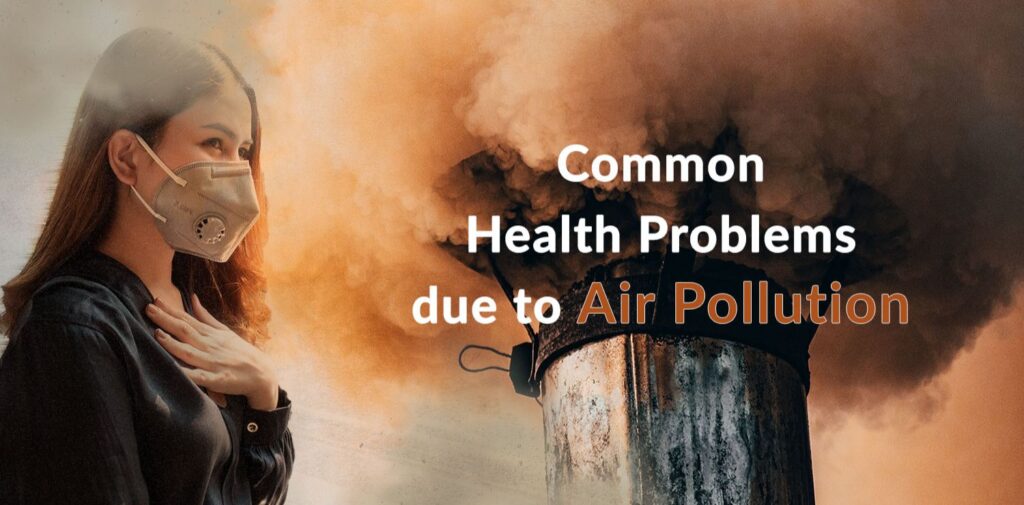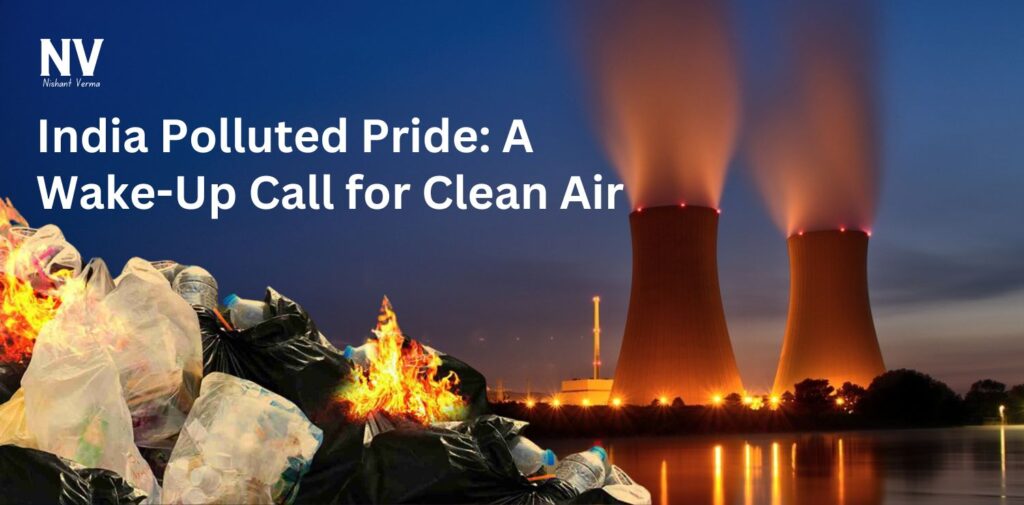In a twist of irony, India finds itself in the spotlight as two of its cities, Delhi and Kolkata, rank among the top ten most polluted cities in the world. With Air Quality Index (AQI) readings of 204 and 113 respectively, one might ask: Should we be proud or alarmed? While some may flaunt this grim achievement as a point of national pride, it’s time to recognize that pollution is a serious issue that needs urgent attention.
The Reality of Air Pollution
Air pollution is not just an environmental problem; it poses a significant threat to public health. According to the World Health Organization (WHO), air pollution is responsible for millions of premature deaths globally. In India, the consequences are particularly dire, as both urban and rural populations suffer from various health issues linked to poor air quality, including respiratory diseases, cardiovascular problems, and even reduced life expectancy.

A Taunting ‘Proud’ Moment
It’s hard to miss the irony when people in India point to its polluted cities as a badge of honor. “At least we’re in the top ten for something!” they might quip, attempting to find humor in a dire situation. However, this mindset can be dangerous. It trivializes the real-life implications of living in polluted cities and normalizes an issue that should be an urgent concern for all citizens.
Why Are We Polluted?
To understand how we got here, we need to examine the major contributors to air pollution in Indian cities:
- Vehicular Emissions: With the rapid rise in population and urbanization, the number of vehicles on the road has skyrocketed. Many of these vehicles are older models that emit harmful pollutants.
- Industrial Discharge: Factories often release harmful substances into the air, especially in cities like Kolkata, which has a long industrial history.
- Construction Dust: Rapid urban development leads to construction dust, which significantly contributes to particulate matter in the air.
- Burning of Biomass and Waste: In many parts of India, burning wood, crop residue, and waste is common. This not only pollutes the air but also contributes to smog.
- Climate and Geography: Weather conditions and geographical features can trap pollutants, exacerbating air quality issues in certain regions.

The Health Risks
The high levels of pollution in cities like Delhi and Kolkata have dire consequences for health. Here are some alarming statistics:
- Respiratory Diseases: Poor air quality is a major cause of asthma and other respiratory illnesses. Studies show a steep increase in these cases in polluted cities.
- Cardiovascular Problems: Air pollution is linked to heart attacks and strokes, leading to an increased burden on healthcare systems.
- Children’s Health: Children exposed to polluted air are at risk of developmental issues and reduced lung function.
- Mental Health: Emerging studies indicate a connection between air pollution and mental health issues, including anxiety and depression.

The Urgency for Change
With such dire consequences, what can be done to combat air pollution? Here are some urgent steps India must take:
- Stricter Vehicle Emission Standards: Implementing and enforcing stricter emission standards for vehicles can drastically reduce pollution levels.
- Promoting Public Transport: Investing in public transport infrastructure can reduce the number of vehicles on the road, leading to cleaner air.
- Green Urban Planning: Creating green spaces in cities can help absorb pollutants and provide cleaner air. Urban planners should prioritize parks and trees in their designs.
- Regulating Industrial Emissions: Industries must adhere to strict guidelines regarding emissions, with regular inspections to ensure compliance.
- Encouraging Clean Energy: Transitioning from fossil fuels to renewable energy sources like solar and wind can significantly reduce air pollution.
- Public Awareness Campaigns: Educating the public about the dangers of air pollution and how to minimize it can foster a culture of environmental responsibility.
Conclusion: It’s Time to Wake Up Call for Clean Air
While it’s easy to laugh at our unfortunate standing in the world of pollution, it’s time to take a serious look at what this means for our health and future. Air pollution isn’t just an environmental issue; it’s a public health crisis that demands immediate action. Instead of celebrating our polluted cities as a badge of honor, we must work tirelessly to improve air quality for all.
So let’s turn this taunt into a challenge. Rather than pride in our place on a polluted list, let’s strive to become champions of clean air. The time for change is now. It’s time to prioritize our health, our environment, and ultimately, our future.




